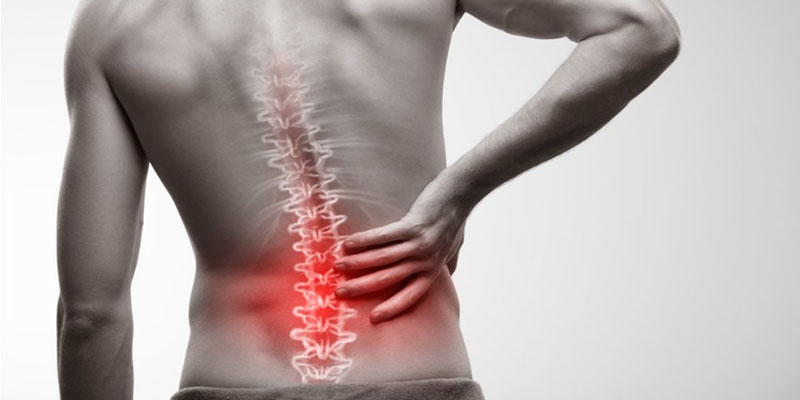Musculoskeletal disorders

What is a musculoskeletal disorder?
Musculoskeletal diseases are injuries and disorders that affect the human body’s movement or musculoskeletal system (i.e. muscles, tendons, ligaments, nerves, discs, blood vessels, etc.). It is worth noting that some musculoskeletal diseases are also classified as autoimmune conditions, such as rheumatoid arthritis and psoriatic arthritis.
Types of musculoskeletal disorders
Dr Abrahams specialises in treating the following conditions:
Fibromyalgia
Fibromyalgia is a disorder that causes widespread musculoskeletal pain accompanied by fatigue, sleep, memory and mood issues. Women are more likely to develop fibromyalgia than are men. Many people who have fibromyalgia also experience tension headaches, temporomandibular joint (TMJ) disorders, irritable bowel syndrome, anxiety and depression.
Osteoarthritis
Osteoarthritis is a degenerative joint disorder. The condition occurs when the cartilage in between your bones disintegrates. Cartilage cushions your bones from rubbing together. As the cartilage disintegrates, it can cause pain, stiffness, and swelling.
Psoriatic Arthritis
Psoriatic arthritis affects some people who have psoriasis — a condition where the skin develops red patches and silvery scales. Most people develop psoriasis first, and later they develop psoriatic arthritis. However, joint problems can sometimes begin before skin patches appear. Joint swelling, pain, and stiffness are the most common symptoms of psoriatic arthritis.
Rheumatoid arthritis
Also classified as an autoimmune condition, rheumatoid arthritis is an inflammatory disorder affecting many joints, including those in the hands and feet. Common symptoms include pain in the joints, back, or muscles, and joints: stiffness, swelling, tenderness, or weakness.
Gout
Gout is a form of arthritis that causes sudden and severe attacks of pain, swelling, redness and tenderness in one or more joints, often in the big toe. A gout attack can occur suddenly, often waking you up in the middle of the night. The affected joint becomes very hot, swollen and tender.
Treatment for musculoskeletal diseases
Dr Abrahams will treat Musculoskeletal pain by treating its underlying cause. Treatment will vary depending on whether you are experiencing bone, muscle, ligament, tendon, or joint pain, or some other kind of musculoskeletal pain.
Different types of mobilisation or manual therapy, or mobilisation, can be used to treat people with spinal alignment problems. For some acute musculoskeletal pain, these techniques have been shown to speed up recovery.
Medications such as nonsteroidal anti-inflammatories may be used to treat inflammation or pain.
Patients who have fibromyalgia may benefit from medications that increase the body's level of serotonin and norepinephrine (neurotransmitters that modulate pain, sleep, and immune system function) may be prescribed in low doses.

